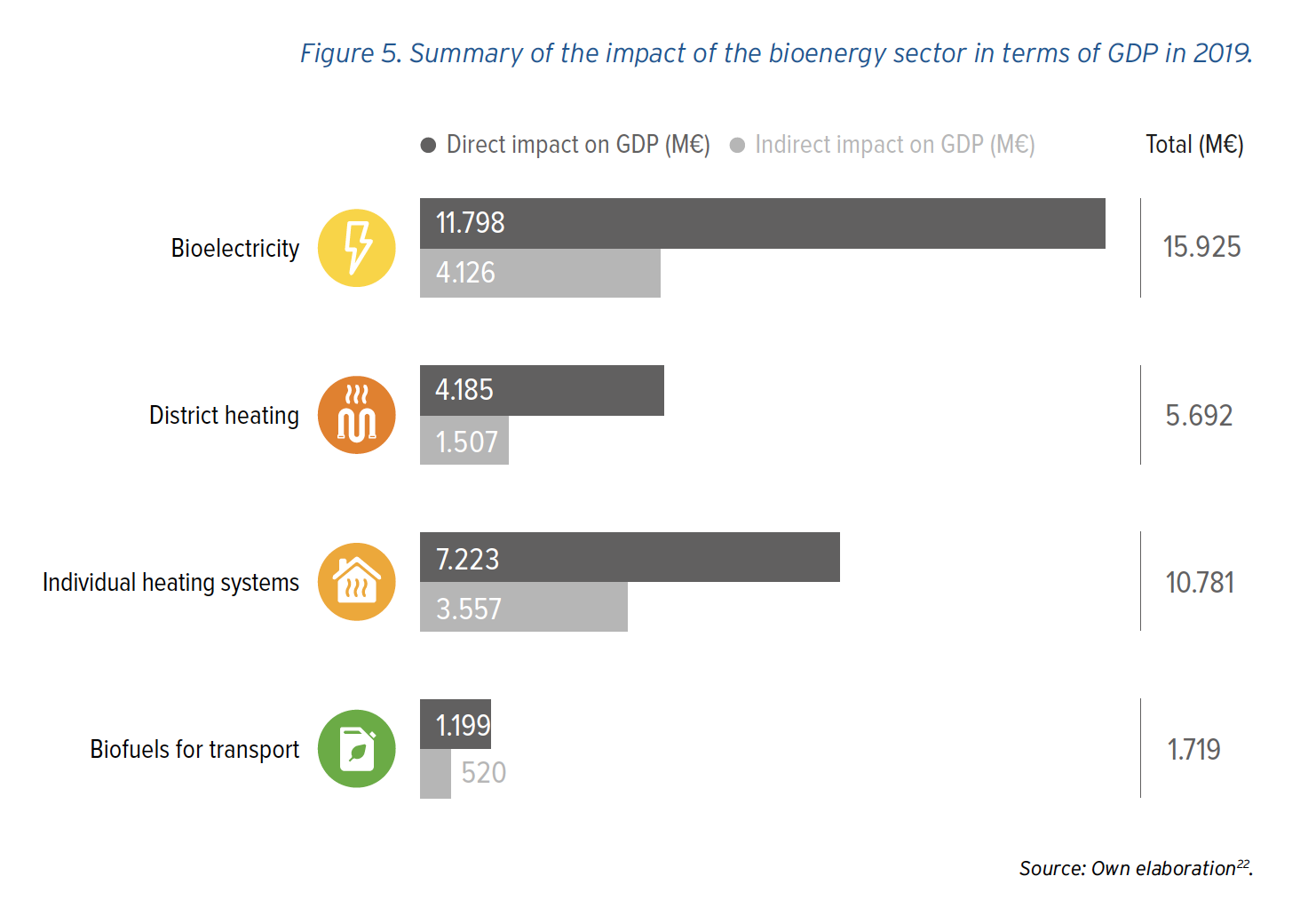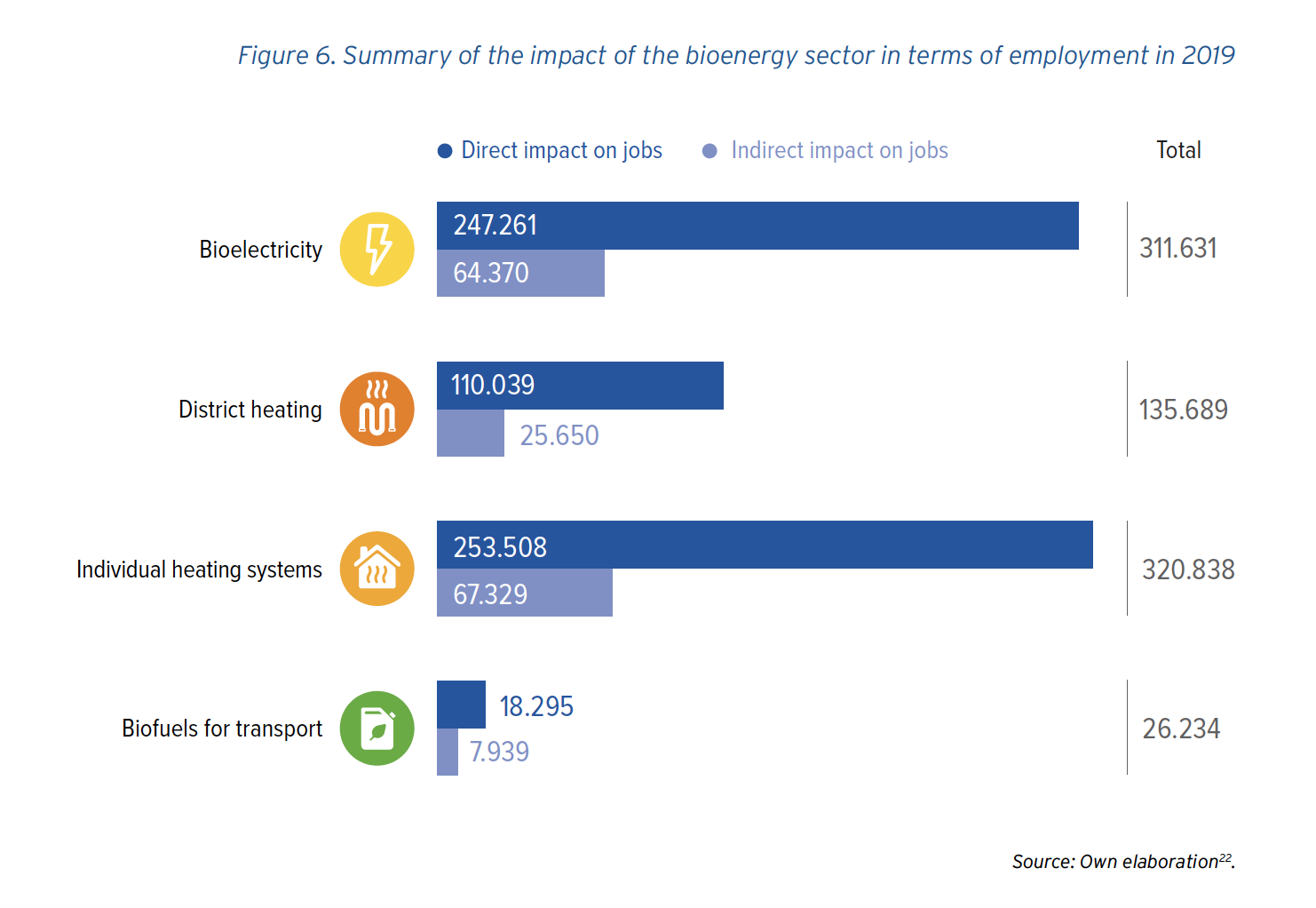Deloitte: Bioenergy solutions are a source of affordable and reliable clean energy
Today, bioenergy solutions are a source of affordable and reliable clean energy in the sectors of district heating, individual heating systems based on biomass, as well as the production of biofuels for the transport industry. This is stated in the current Deloitte report assessing the socio-economic and environmental impact of bioenergy.
Bioenergy contributes to the following economically and environmentally valuable processes:
- Decarbonization;
- Job creation;
- Increasing the competitiveness of industry;
- Rural development;
- Powerful export industry.
Therefore, the development of bioenergy is one of the priorities in the European Union. This is due to the huge potential in terms of creating new jobs and economic opportunities for EU countries. And along with economic development, we are talking about avoiding carbon emissions, protecting the environment, and security of energy supply.
Relevant illustrations of this are diagrams of how bioenergy affects GDP and employment in different sectors (data of 2019).


Direct and indirect impact of bioenergy
- Direct impact: biomass production and logistics, facility construction and equipment production, as well as operation and maintenance. These processes require manpower to produce and transport biomass, build, operate and maintain bioenergy facilities.
- Indirect impact: creating demand for goods and services in other sectors of the economy.
Source: Bioenergy Europe.


